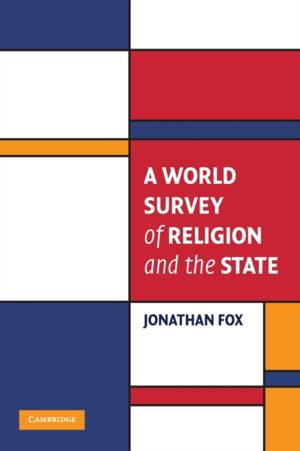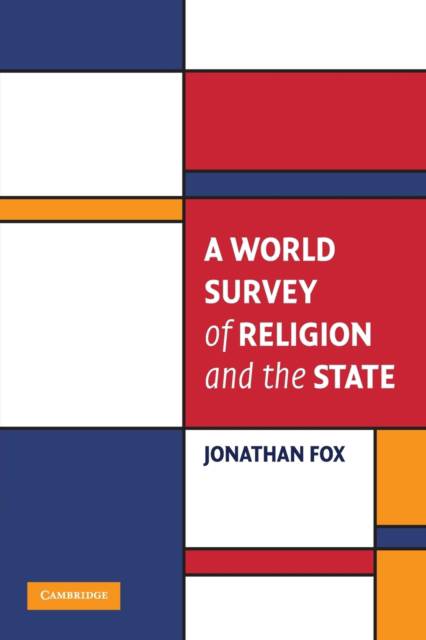
Bedankt voor het vertrouwen het afgelopen jaar! Om jou te bedanken bieden we GRATIS verzending (in België) aan op alles gedurende de hele maand januari.
- Afhalen na 1 uur in een winkel met voorraad
- In januari gratis thuislevering in België
- Ruim aanbod met 7 miljoen producten
Bedankt voor het vertrouwen het afgelopen jaar! Om jou te bedanken bieden we GRATIS verzending (in België) aan op alles gedurende de hele maand januari.
- Afhalen na 1 uur in een winkel met voorraad
- In januari gratis thuislevering in België
- Ruim aanbod met 7 miljoen producten
Zoeken
Omschrijving
This book delves into the extent of government involvement in religion (GIR) between 1990 and 2002 using both quantitative and qualitative methodology. The study is based on the Religion and State dataset (RAS), which includes 175 governments across the globe, all of which are addressed individually in this book. The forms of GIR examined in this study include whether the government has an official religion, whether some religions are given preferential treatment, religious discrimination against minority religion, government regulation of the majority religion, and religious legislation. The study shows that GIR is ubiquitous, that GIR increased significantly during this period, and that only a minority of states, including a minority of democracies, have separation of religion and state. These findings contradict the predictions of religion's reduced public significance found in modernization and secularization theory. The findings also demonstrate that state religious monopolies are linked to reduced religious participation.
Specificaties
Betrokkenen
- Auteur(s):
- Uitgeverij:
Inhoud
- Aantal bladzijden:
- 400
- Taal:
- Engels
- Reeks:
Eigenschappen
- Productcode (EAN):
- 9780521707589
- Verschijningsdatum:
- 19/05/2008
- Uitvoering:
- Paperback
- Formaat:
- Trade paperback (VS)
- Afmetingen:
- 155 mm x 231 mm
- Gewicht:
- 566 g

Alleen bij Standaard Boekhandel
+ 129 punten op je klantenkaart van Standaard Boekhandel
Beoordelingen
We publiceren alleen reviews die voldoen aan de voorwaarden voor reviews. Bekijk onze voorwaarden voor reviews.









